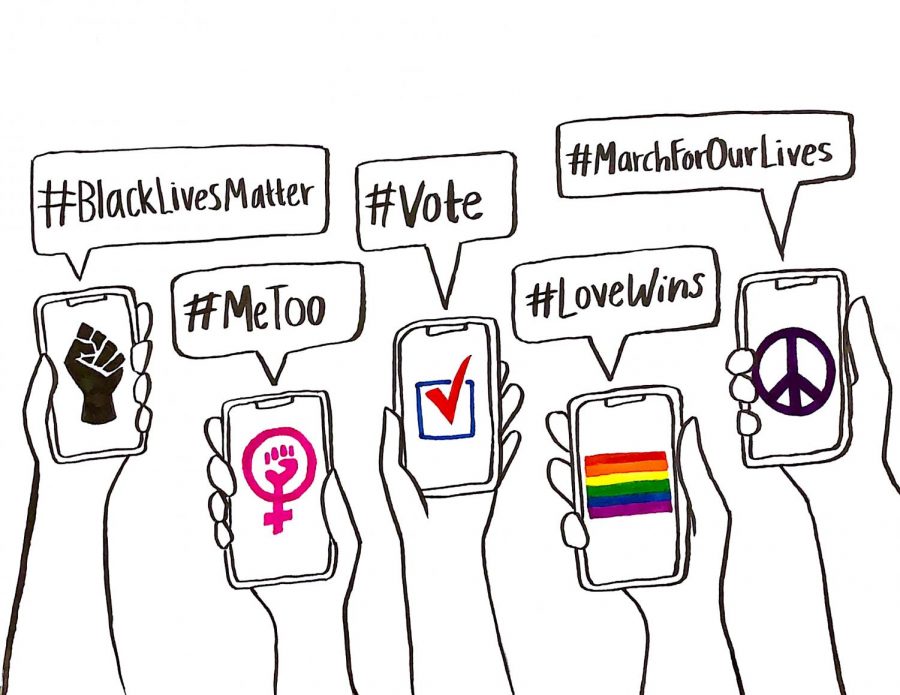With voter turnout in the 2020 elections breaking historical records, various factors have attracted Generation Z to vote and become more politically involved.
For many teenagers, social media serves as a convenient way to post their political beliefs, learn about others’ opinions and educate themselves.
“I think social media is an excellent platform for Gen. Z to converse about different topics and just share ideas,” senior Kristen Hart said. “It has made me a lot more aware of a lot more topics, and I would say it has absolutely gotten me more involved in politics.”
Hart said social media opened her eyes to injustices that many people in the country are currently facing.
“Social media has definitely helped me learn more about politics because growing up in a predominately white affluent neighborhood; I was blind to so many of the issues facing so many people in our country,” Hart said. “I had no idea all of the systems that our country has in place directly affects so many people, and social media has definitely helped me gain awareness about this.”
Teens use social media as an introduction to learning about politics and becoming more involved.
“I think that social media is a really good gateway to help me learn more about issues that aren’t nationally discussed, and I can further educate myself on those issues,” sophomore Haven Li said. “It really acts like a good first step, and I think it has been definitely helpful for me to then further research and educate myself from more reliable sources.”
Political discourse on social media is helping Generation Z learn more about opinions beyond their own.
“Personally, I wasn’t all involved in politics because I was raised in a very conservative household where I was raised around conservative views,” junior Brady Stroppel said. “I did my own research and educated myself to learn more about our current president, and now I no longer support him. Social media has gotten me a lot more involved in politics for that reason.”
Posting about various political beliefs on social media affects how teenagers view the people around them.
“Understanding other people’s views through social media has really helped me know how and when to interact with them in real life,” Li said. “It changes who I like to surround myself with and who I am comfortable being around.”
Different political and humanitarian topics such as LGBTQ rights, and racial movements, stand out to Grady students. Social media helped them become more passionate and active around these issues.
“I regularly post about advocating for LGBTQ rights,” Stroppel said. “As a bisexual guy, I have been closeted up until last year, and it has been rough growing up with a homophobic father. Now after posting, my conservative family members are starting to see where I am coming from and are taking my views into consideration.”
While social media has impacted some students, others said it has no effect on their political views.
“I think I would have the same political views without social media,” senior Nahima Delaney said. “As a black Muslim girl, at the end of the day, I will still have the same views because I will go with the candidate that will help me the most and not try to get rid of my rights.”
With the Covid-19 pandemic, gathering in large groups to protest political opinions is dangerous and could lead to the further spread of the virus. Because of these circumstances, Delaney is using social media as a way to make a statement while staying safe and socially distant.
“Something recently that I feel strongly about was the EndSARS movement which is happening in Nigeria, and I am Nigerian myself,” Delaney said. “I have gone to Black Lives Matter protests, but with the EndSARS, there isn’t much I can do. By spreading awareness on my social media about EndSARS, I can’t say I didn’t do anything to help fight for change.”
SARS stands for the Special Anti-Robbery Squad. EndSARS is a movement in Nigeria against police brutality.
Different social media platforms serve different political purposes for Generation Z.
“I use Twitter because I have a lot of friends on there that aren’t from school, and it is good to hear people that aren’t in the same area as you because Atlanta is obviously very left,” Stroppel said. “I like seeing other people’s perspectives that do not live in Atlanta as well as in Atlanta to see how they differ.”
Social media’s impact on Generation Z is positive and negative, the students said.
“I feel like social media has impacted Gen. Z both negatively and positively because I feel like a lot of people are starting to understand people’s perspectives,” Delaney said. “By people expressing how they’ve been treated, I feel like people really start speaking up about that because so many people are unaware. Social media can also have a negative impact because people can say anything on social media, and that can affect how other people feel.”
This story was originally published on The Southerner on November 18, 2020.

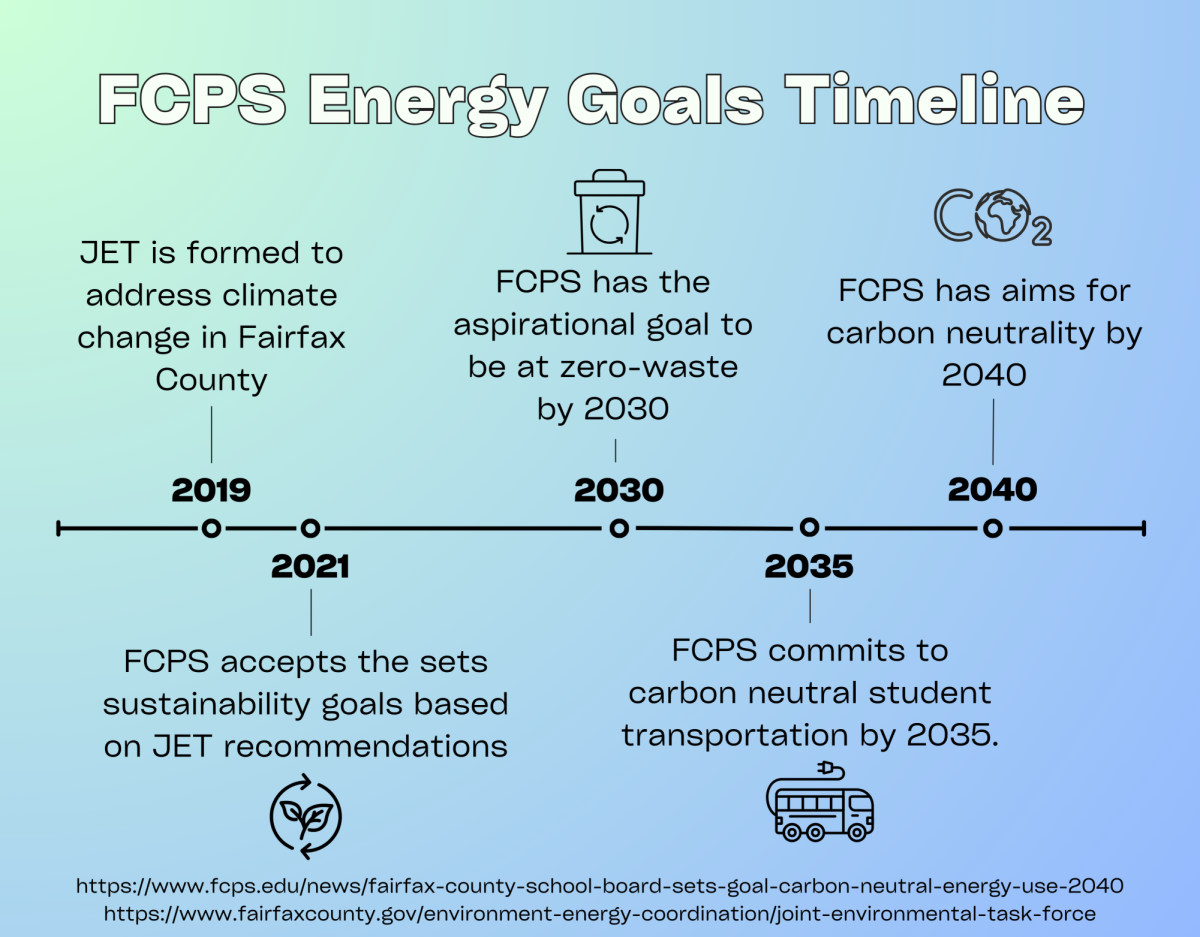






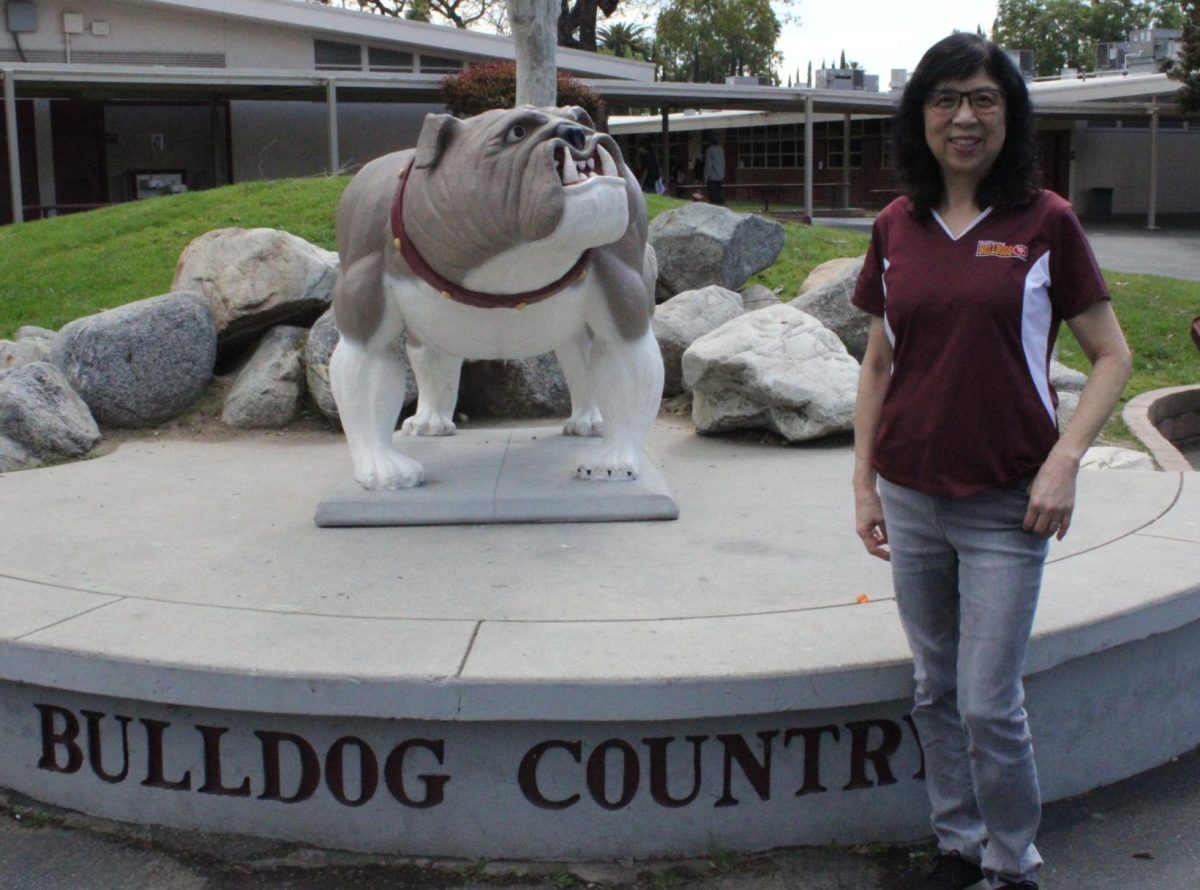


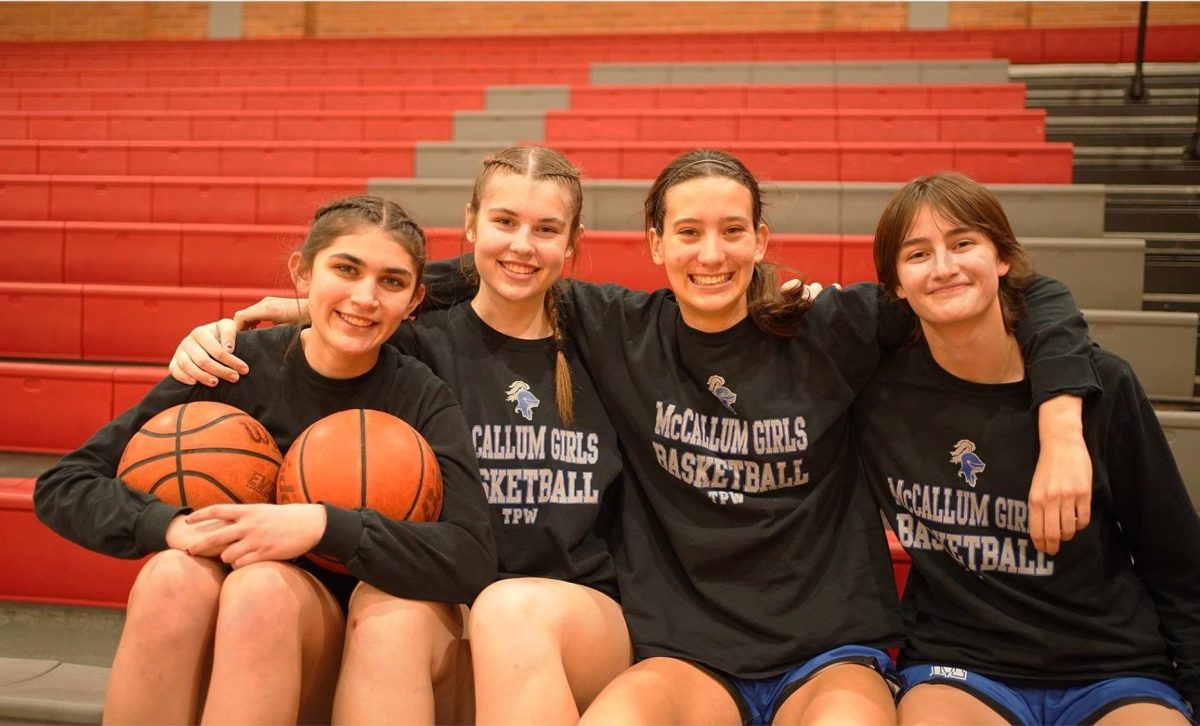
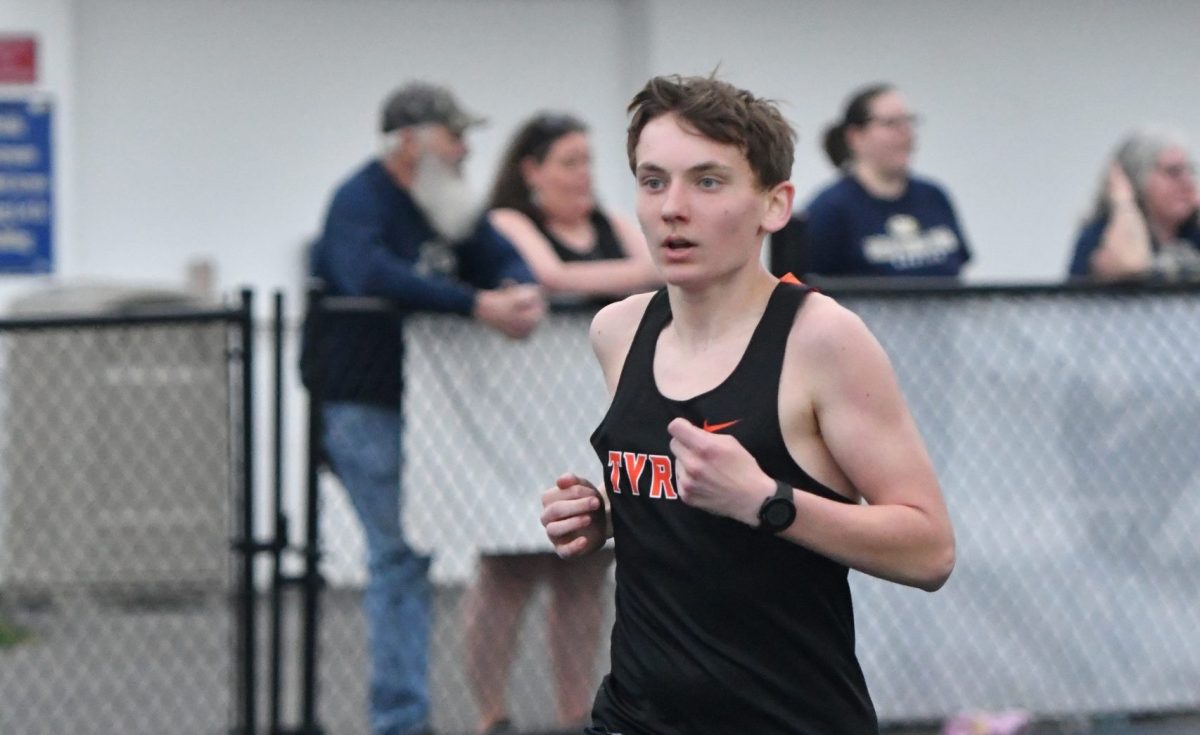

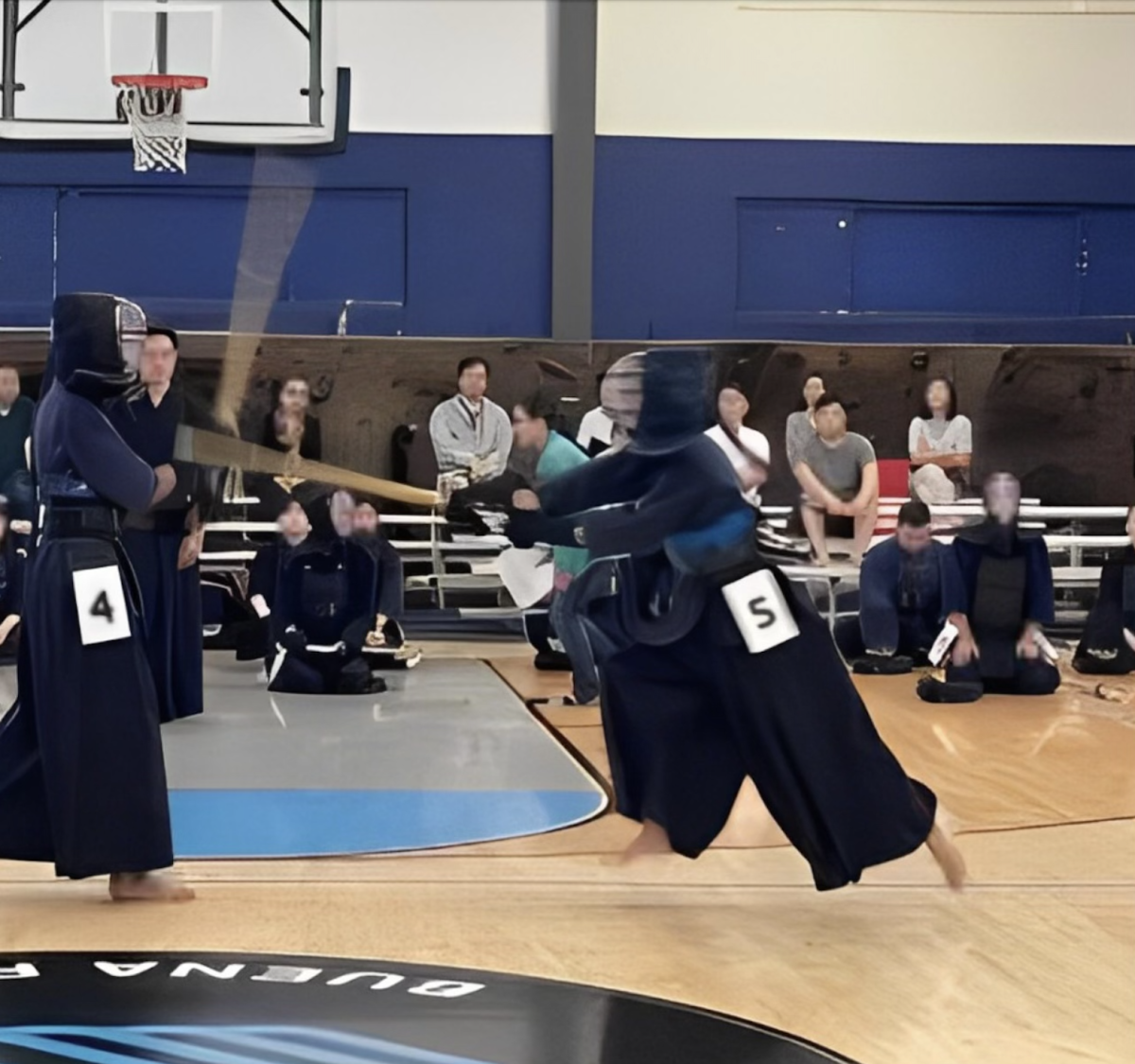

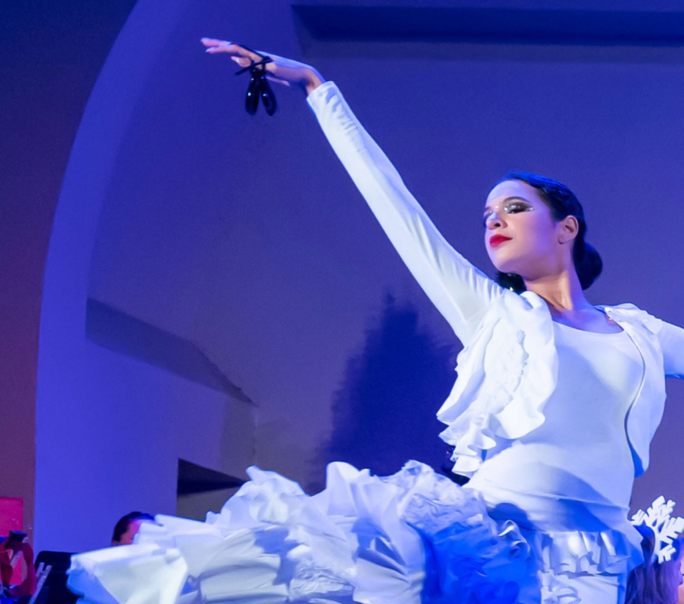














![IN THE SPOTLIGHT: Junior Zalie Mann performs “I Love to Cry at Weddings,” an ensemble piece from the fall musical Sweet Charity, to prospective students during the Fine Arts Showcase on Wednesday, Nov. 8. The showcase is a compilation of performances and demonstrations from each fine arts strand offered at McCallum. This show is put on so that prospective students can see if they are interested in joining an academy or major.
Sweet Charity originally ran the weekends of Sept. 28 and Oct. 8, but made a comeback for the Fine Arts Showcase.
“[Being at the front in the spotlight] is my favorite part of the whole dance, so I was super happy to be on stage performing and smiling at the audience,” Mann said.
Mann performed in both the musical theatre performance and dance excerpt “Ethereal,” a contemporary piece choreographed by the new dance director Terrance Carson, in the showcase. With also being a dance ambassador, Mann got to talk about what MAC dance is, her experience and answer any questions the aspiring arts majors and their parents may have.
Caption by Maya Tackett.](https://bestofsno.com/wp-content/uploads/2024/02/53321803427_47cd17fe70_o-1-1200x800.jpg)
![SPREADING THE JOY: Sophomore Chim Becker poses with sophomores Cozbi Sims and Lou Davidson while manning a table at the Hispanic Heritage treat day during lunch of Sept 28. Becker is a part of the students of color alliance, who put together the activity to raise money for their club.
“It [the stand] was really fun because McCallum has a lot of latino kids,” Becker said. “And I think it was nice that I could share the stuff that I usually just have at home with people who have never tried it before.”
Becker recognizes the importance of celebrating Hispanic heritage at Mac.
“I think its important to celebrate,” Becker said. “Because our culture is awesome and super cool, and everybody should be able to learn about other cultures of the world.”
Caption by JoJo Barnard.](https://bestofsno.com/wp-content/uploads/2024/01/53221601352_4127a81c41_o-1200x675.jpg)





